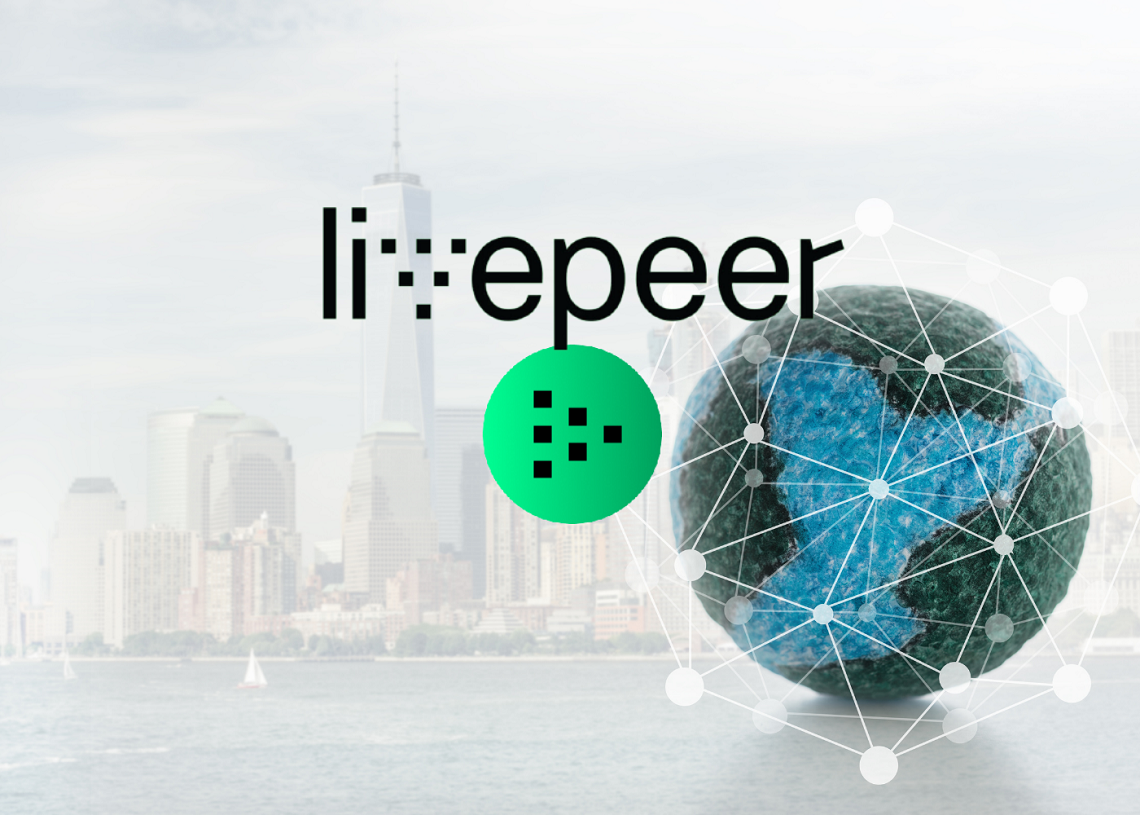With video transcoding, "Livepeer" received US$51 million investment from Alan Howard and Tiger Global

Nowadays, short videos fill every aspect of our lives. The rise of short videos is inseparable from the technical support behind them, especially video transcoding, which enables users to obtain the best viewing experience no matter what device they are on. But video transcoding also requires high costs. A media server using Amazon Cloud Services costs as much as $4,500 per month for transcoding.
With the growth of demand for more new video services such as UHD, 4K, and VR, higher requirements are placed on video infrastructure. How to balance scalability and cost-effectiveness has become a difficult problem before us. This is exactly what Livepeer is trying to solve.
Livepeer is a scalable decentralized video transcoding platform based on the Ethereum blockchain, designed to improve the reliability of video streaming while reducing the costs associated with it by 50 times.
Specifically, Livepeer mainly serves three types of groups:
Developers: APIs can be used to integrate with Livepeer to quickly build their own streaming media platform without excessive investment in infrastructure;
Users: can transmit video, games, competitions, educational courses and other content in real time through Livepeer;
Media: For example, Twitch has a large audience, and the cost of live broadcasting is high. Livepeer can be used to reduce costs or infrastructure overhead.
In order to ensure video quality, two main roles are set up in the Livepeer network: Orchestrator and Delegators.
In Livepeer, users can join the network and become "coordinators" by running software. Coordinators contribute computer resources (CPU, GPU, and bandwidth) to transcode and distribute videos, and are rewarded in cryptocurrencies (ETH, DAI, etc.).
Sounds good, but to become a coordinator, you must hold a certain amount of Livepeer tokens (LPT), which are used as gas fees for network transactions. At the same time, you must also have certain professional knowledge and operate the equipment 7*24 hours.(Note: Livepeer's native token is LPT, which is mainly used for project governance and incentive participants. The highest increase in the past year has exceeded 5000%.)
If you do not meet these conditions but have a large amount of LPT tokens, you can consider becoming a Delegator. Delegators can participate in the operation of the network by "staking" tokens to their trusted coordinator. When users stake, tokens are locked for a period of time, ensuring a more secure network.
What can Orchestrators and Delegators get? When users such as broadcasters pay fees to the network, both coordinators and stakers receive a portion of those fees as rewards for ensuring high-quality service and network security. In addition, Livepeer will also issue new tokens over time, and the new tokens will be distributed to pledgers and coordinators in proportion, thereby incentivizing network participants and increasing their network weight.
In terms of financing, Livepeer recently completed a US$20 million B+ round of financing, with Alan Howard and Tiger Global, as well as existing investors such as Digital Currency Group, Northzone, and Warburg Serres participating. Livepeer co-founder and CEO Doug Petkanics said that the new round of financing is also equity financing, and the total financing amount of Livepeer to date is about 51 million US dollars.
With the new financing, Livepeer plans to expand its market share. Petkanics said the project plans to release a massive upgrade called Confluence early this year that will move Livepeer's internal protocol from ethereum's base layer to Layer 2 network Arbitrum. In the future, Livepeer also plans to support NFT in video format.
"We're seeing strong growth in transcoding demand (in the market) and growing awareness of the reliability, value and efficiency of web3 infrastructure," Petkanics said.
At present, the hot spot in the encryption market is not the demand of unpopular niches such as "video transcoding", and it is difficult to form hype. But from the perspective of investment institutions, the leading investors are all traditional funds. For example, Tiger Global is a traditional American investment company, and Alan Howard is a British billionaire hedge fund manager and co-founder of Brevan Howard Asset Management LLP... This is from the side Perhaps it shows that Livepeer is closer to the traditional field, and its relatively long-term business model is recognized by traditional capital.



